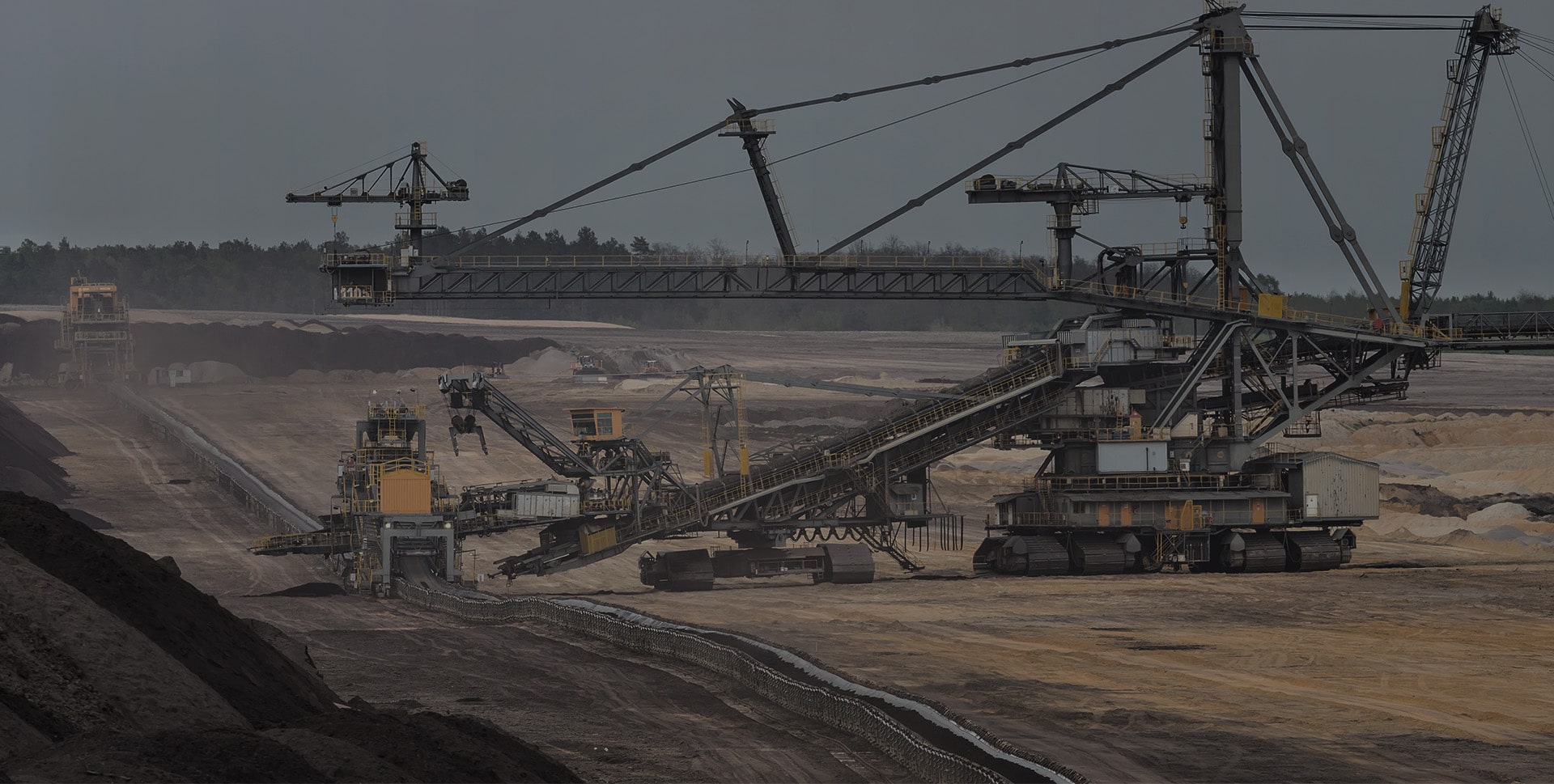Germany has had a long history of coal mining in the country, with annual production topping 1 million tons as far back as 1839. Coal has remained an important base for the countries’ industrial success until the present day, although the industry went through several difficult periods. In the aftermath of the German Reunification in 1990, employment in the East-German coal sector dropped by nearly 90 %. And in the West-German Ruhr Area and Saarland, from the 1950s on until2018, mining of hard coal had already been largely phased out due primarily to the burden of required subsidies.
What remains today is mainly open cast lignite mining (soft, brown coal), though hard coal fired power plants also remain. Currently, Germany is the world’s leader in lignite mining, with operations active in 4 of the nation’s 16 federal states. While some 25000 workers remain employed directly coal mining an power production, it is estimated that up to 80000 more workers are indirectly dependent on the industry. Many more jobs in other industries are also dependent on the consistent and provision of affordable energy currently still produced by the coal power plants.
Due to concerns around the impact of coal on the climate and in order to contribute to meeting the goals of the 2015 Paris Climate Agreement, Germany decided to embark on a path towards phasing out coal.
To this effect, a national coal commission (Commission on Growth, Structural Change and Employment) commenced work in June of 2018. Its express mission was to produce a plan and a date for a complete coal phase out. The commission, comprised of representatives from politics, companies, labour unions, scientists, and ecological organisations completed its work with a final report in January 2019. The report outlined a compromise path to a complete coal phase out by 2038.
German labour unions were represented by the chairs of the DGB and of the Energy and Mining Worker Union (IG BCE) respectively. Their focus in the commission was threefold:
- Socially responsible coal phase-out with milestones
- Protection measures for the workers
- Public funding for high-quality jobs and new value creation in coal regions
Based on the commission’s report, parliament passed two laws in 2020: the Coal Phase Out Act by 2038 (2035) and the Structural Enhancement Act, which secured 40 billion Euros as structural aid for the affected coal regions. Funds are used in part by the federal government and in part by the state governments. Project funding is approved by a variety of commissions, differing from state to state. The DGB is engaged in these consultations at all levels wherever civil society access is granted.
The Project Revierwende is funded through this structure and is currently remains the only inter-regional project of its kind to date.


